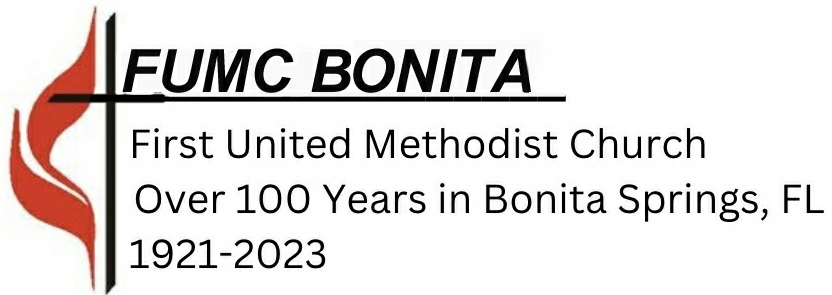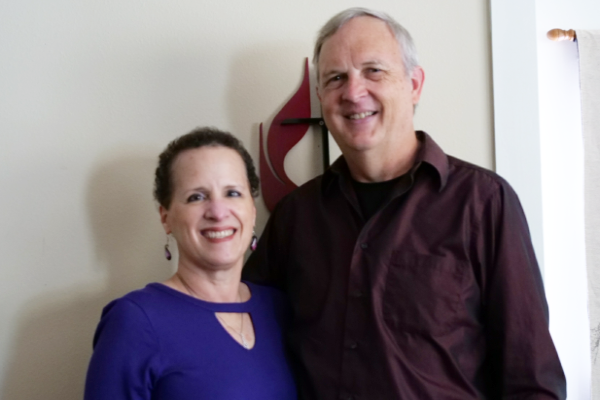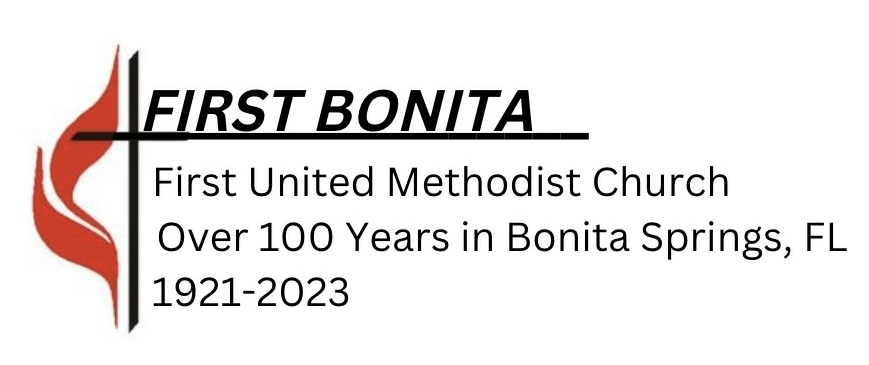There was a child born to a young couple in the village, and everyone was so excited! According to tradition, the parents invited everyone to come to see their new baby. The whole village showed up, including the village rabbi. Everyone said, “Isn’t this the greatest thing ever?”
And the rabbi said, “We’ll see.”
The child grew up, and was a delight to them all. But one day the young boy was climbing a tree and fell 30 feet to the ground. The doctor came by and examined him, and made the pronouncement to the parents – “He will never be able to walk again without crutches.” And everyone said, “Oh, no! Isn’t this the worst thing ever!”
And the rabbi said, “We’ll see.”
Time went by, and the nation declared war against a neighboring land. The boy, now a young man, was rejected for military service because of his limp. The village people said, “Isn’t this such a blessing, that he can stay at home and help out his parents!”
And the rabbi said, “We’ll see.”
The war dragged on, and even though he was past age, the father of the boy was forced into service because the boy couldn’t serve. And everyone cried out, “Oh, no! This is just terrible!”
And the rabbi said, “We’ll see.”
During the war, the father took command of his unit when the captain was killed. He became a highly-decorated war hero, and when it was finally over, came back to the village in honor. And everyone said, “This is so wonderful!”
And the rabbi said…
How often do I make snap judgments about things before getting the whole picture? I usually see things as either “good” or “bad”, depending upon how it affects me at that moment. But maybe I should learn to have patience like the rabbi in the story, who sees beyond just this moment. Although I do believe in celebrating when good things happen, that doesn’t mean that I shouldn’t be aware of how my “good” can be somebody else’s “bad”.
For instance, I got a very nice computer tablet one time for less than a third of the normal price. It was brand-new, still in the box. I thought it was a great deal.
But it was such a great deal because the company was going out of business, and many people lost their jobs. My “good” was their “bad”!
When we moved from Marco, we had lots of furniture that we just had no room for here in Bonita. We tried selling it, donating it, even giving it away. Finally, we had to just leave it all by the side of the road and call Waste Management to pick it up.
While it was sitting out there, some construction workers across the street from us saw it and were able to salvage quite a bit, taking to their own homes for their own families. My “bad” became somebody else’s “good”!
Maybe “We’ll see” is a good attitude to take – to not let our emotions or feelings at the time keep us from seeing a bigger picture. What I thought was a setback was actually forward motion. What I saw as a bonus could actually be a detriment. “We’ll see” suggests patience, faith, in it for the long fall.
Has this article been meaningful to you? We’ll see –
Rev. Bill


